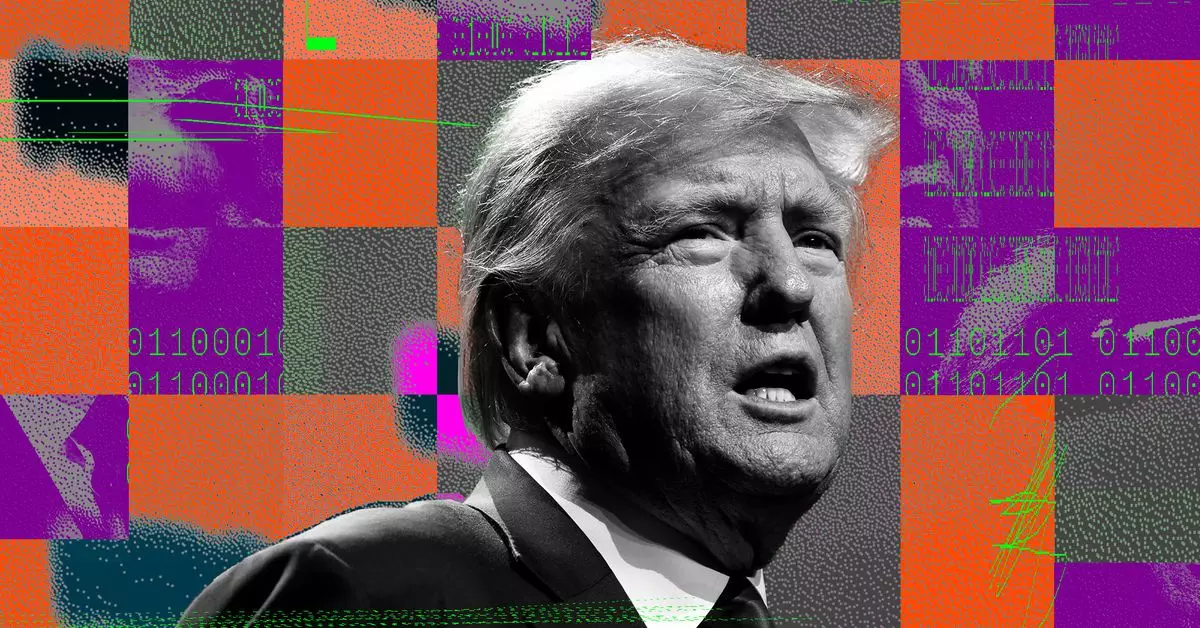In today’s digital age, the integrity of elections and political campaigns faces unprecedented threats from cyberattacks. The recent indictment of three Iranian nationals by the U.S. Department of Justice highlights the urgent need to understand the mechanisms and implications of cyber warfare in democratic processes. As governments increasingly become reliant on digital platforms for communication and organization, malicious actors exploit vulnerabilities, attempting to undermine democracy from within.
The indictment revealed that the three hackers affiliated with Iran’s Islamic Revolutionary Guard Corps employed social engineering and spear phishing tactics to infiltrate Donald Trump’s presidential campaign. These techniques involve manipulating individuals into revealing confidential information, which can lead to unauthorized access to sensitive accounts. By preying on the vulnerabilities of campaign officials, the hackers successfully commandeered crucial communications, resulting in the theft of nonpublic documents. This breach not only complicates the political landscape but also raises questions about the security protocols in place to protect such critical information.
Further investigation uncovered that Respina Networks, an Iranian internet service provider, may have facilitated these cyberattacks by enabling unrestricted internet access. The hackers also adopted commercial virtual private networks (VPNs) to create deceptive domains, effectively masking their identities. Such advanced technological strategies underscore the sophistication of modern cybercriminals, who merge ingenuity with malicious intent, thus demanding an evolution in counter-cybersecurity measures.
While the initial target of the cyberattack was not explicitly disclosed in the indictment, the Trump campaign had previously acknowledged that it had been compromised. The ramifications of such leaks extend beyond mere theft; they can alter the course of political dynamics, erode public trust, and impact electoral outcomes. Notably, the dissemination of sensitive information, as demonstrated by the independent journalist Ken Klippenstein, raises ethical concerns regarding journalistic responsibility and the potential influence of leaks on public perception.
In response to these cybercrimes, the U.S. Government has charged the suspects with serious offenses, including wire fraud and material support to terrorist organizations. As Assistant Attorney General Matthew G. Olsen emphasized, these actions are viewed as direct assaults on democratic integrity. This response reflects an increasing acknowledgment of the broader implications of cyber warfare, extending beyond national security to encompass the foundational principles of democracy.
The cyber assault on the Trump campaign serves as a clarion call for heightened vigilance and preparedness in safeguarding democratic processes. As cyber threats evolve, so too must the strategies for preventing such breaches. Policymakers, cybersecurity experts, and the public must work in tandem to reinforce digital defenses and ensure that the sanctity of elections remains intact. With the stakes higher than ever, it is crucial to recognize and address the threats posed by cyber warfare before they undermine the very fabric of democracy.

